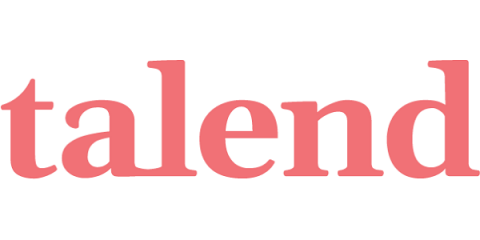Systems | Development | Analytics | API | Testing
Talend
Embrace the future - make the move from descriptive to prescriptive analytics
Making insights for your business isn’t easy. You're expected to always do more, do it faster, all without costing a small fortune. But how can you expect to do this when you’re using the wrong kind of analytics in the first place? Let’s explore. You may have heard of the 4 different types of analytics (the image below from Gartner helps visualize each type and how we use them) Think about how many post-mortem meetings you’ve had. Hindsight is important, of course!
Retrieving Spotify data with Talend Open Studio - Talend Job #1
4 ways you're not (but should be) using Talend tMap Component
Ever wondered what our most-used components are? Here at Talend, one of my “Shadow IT” jobs is to report on component usage. If you've ever used Talend Studio (either the open source Talend Open Studio or the commercial version) you most likely already know and love the component tMap.
Everything you know about data health is wrong
If someone asked you what makes data “healthy”, what would you say? What IS data health? Healthy data just means data that is quality, accessible, trusted, and secure, right? Wrong. Let's dissect. Data health really has nothing to do with the data itself, if you think about it.
The importance of partnering together - Alyssa Fitzpatrick
The changing landscape of data technology - Greg Khairallah
How to establish data excellence
IT vs Shadow IT - Between 2 bits ep. 01
Spring '22: Accelerate productivity, work smarter, and establish data excellence at scale
At Talend, we hear every day from our customers that healthier data makes it easier to increase revenue, reduce costs, and mitigate risk. But the journey to healthier data isn’t always easy. To support healthy data, organizations must unify data activities across users with different skill sets and levels of technical expertise through intelligence and self-service capabilities.










